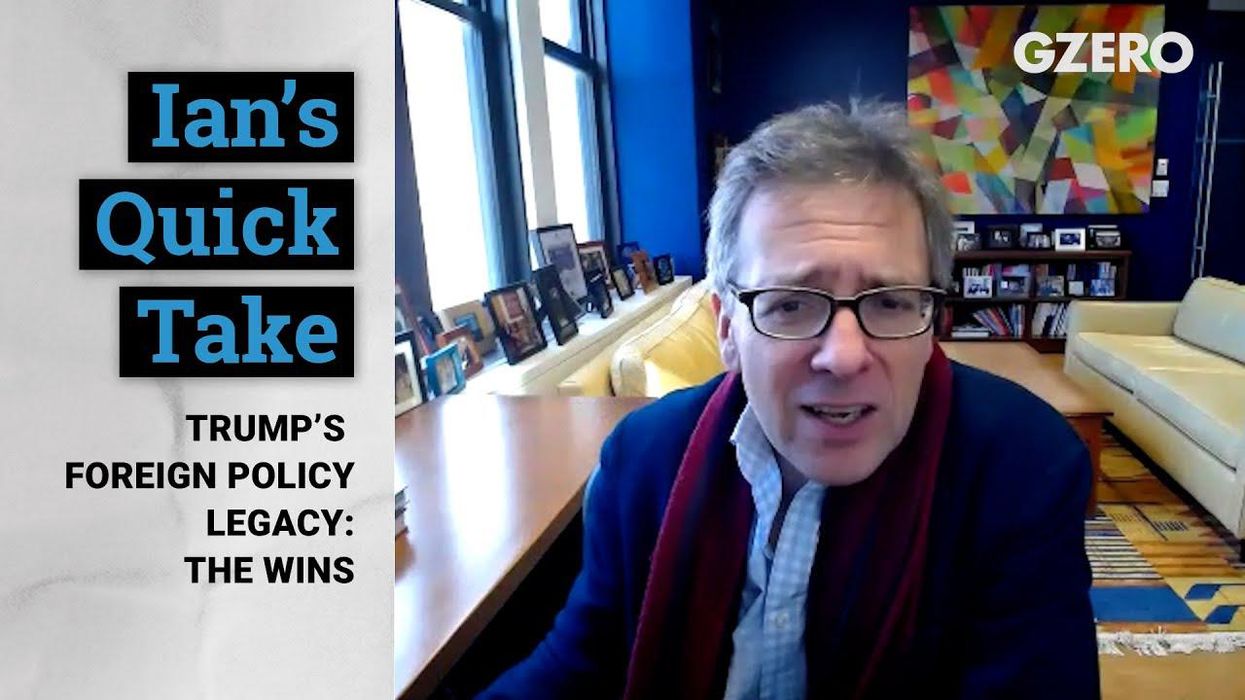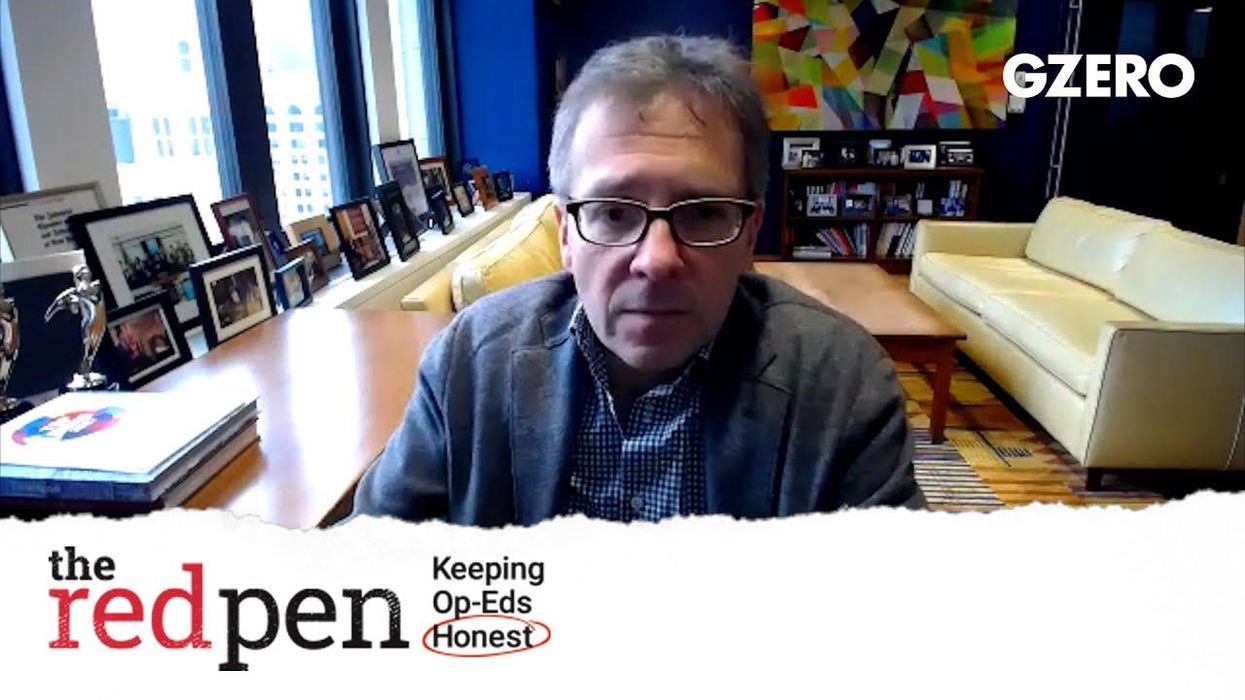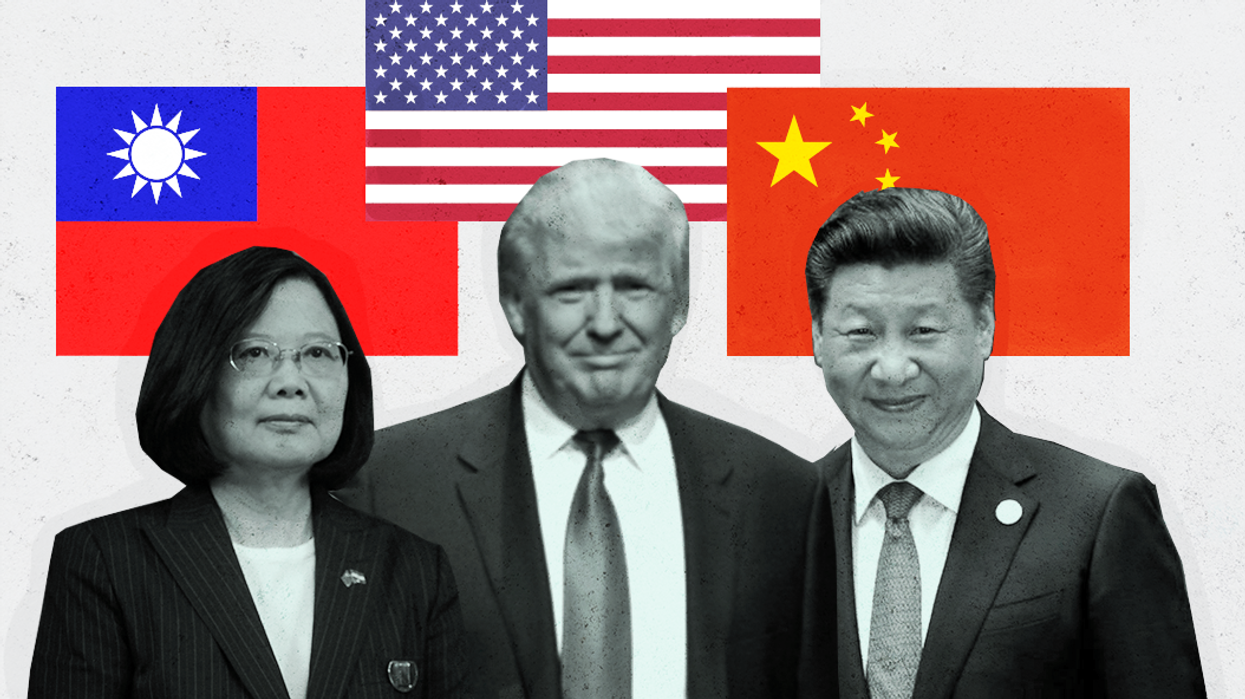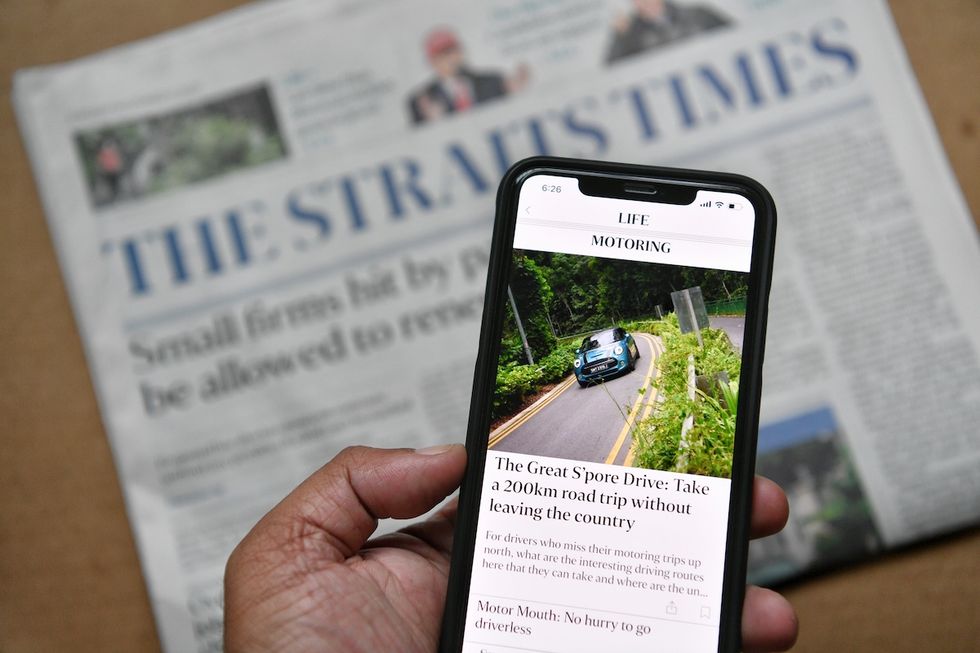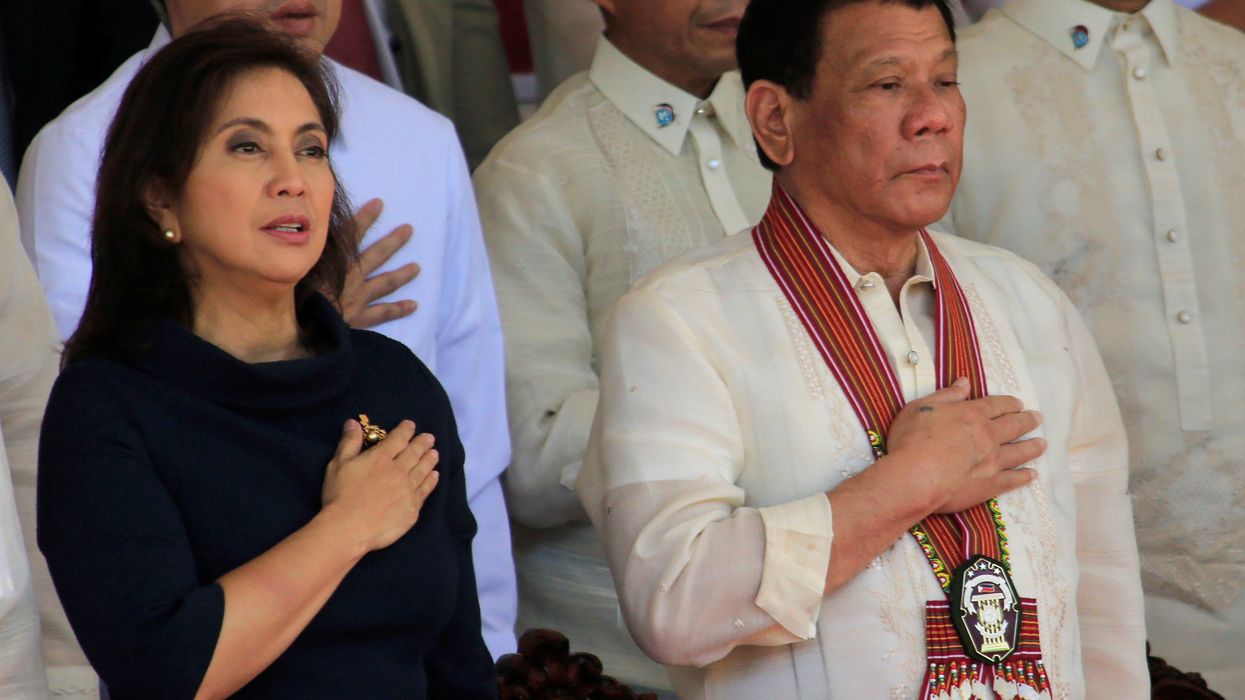Quick Take
Leaked Signal chat shows Trump team's mindset
The Signal chat leak about bombing the Houthis is serious, but what it reveals is even more troubling, according to Ian Bremmer. Trump’s advisers are debating major decisions behind closed doors… but the president might never hear them. In this Quick Take, Ian explains why that’s a global risk.
Mar 26, 2025

